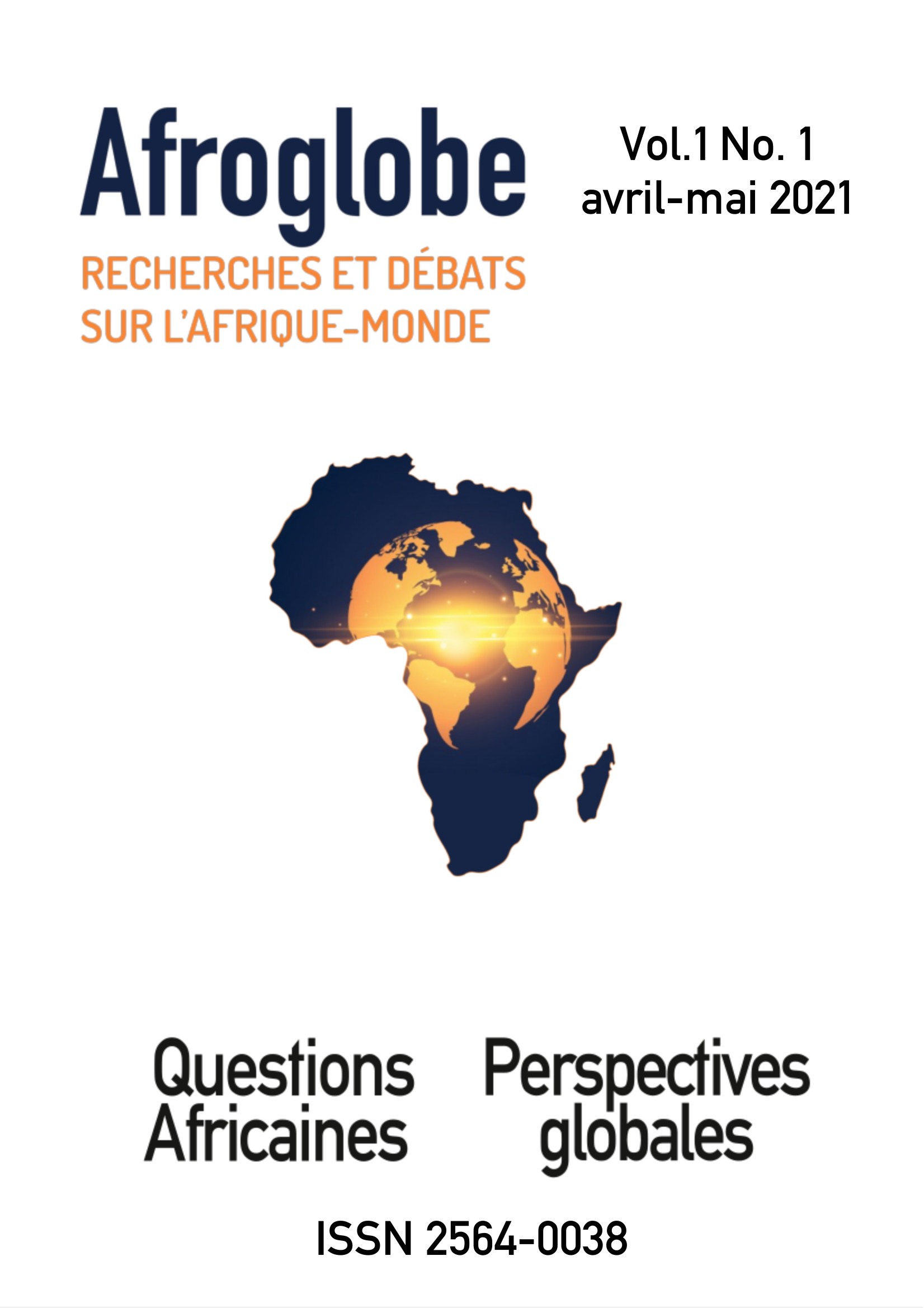Écrire en Afrique francophone ou l’impossible innocence
Keywords:
francophone, Africa, french literatureAbstract
Excerpt - English:
"The linguistic question is so omnipresent in African literature that it would deserve an in-depth examination, which unfortunately we will not have the time to undertake. It suffices to make a simple observation here: Africa is the only continent where poets, novelists and playwrights express themselves in a language that is not understood by their fellow citizens. This is certainly a situation imposed by history, but that does not make it any less absurd and shocking...
And to those equally numerous who are surprised that I write in Wolof, a language almost exclusively spoken in Senegal, I always ask why Greeks, Albanians and Hungarians, less numerous, would have this right and not me. What about the Afrikaaners of South Africa? The "Céytu" collection that friends and I have created - it translates into Wolof the masterpieces of world literature - shows that unlike humans, all languages speak to each other, that none pretends to silence the others.”
Wolof:
Amul kuy yëkkati sa kàddu, wax ci mbirum ladabu Afrig te amul ku la laaj lu tax bindkati Afrig yiy dumóoyu làmmiñ yiñ nàmp, di fent seen i téere ci làkki jàmbuur. Laaj bu am soloo, waaye ginnaaw waxtu wi danoo dab, dunu mën a xóotal tontu bi tey.
Lii daal moom wóor na : ak ni àddina siy tollu yépp, sunu Afrig rekk ngay gis ay bindkati taalif mbaa téerey nettali mbaa kilib yuy jëfandikoo ay làkk yoo xam ni, daanaka kenn ci seen askan mënu leen a jàng. Dëgg la, defuñ ko ci seen coobare, ay doxandéem a leen jaay doole cay jamono, ñu dem ba seeni làkk réer leen, ñu xalaat ne amatuñ pexe. Waaye taxul ba tey mu nekk lu xel mën a nangu, ku wàcc sa and yaa tooñ sa bopp, amoo looy lay.
Moonte bépp saa-Afrig bu fas jom, jéem cee wut pexe, ñu ni la : "Moo yow, loo xewle bay bind ci Bàmbara walla ci Sénufo walla ci Moore ? Ndax sa yaram neex na...?"
Man mii di wax ak yéen tey, li ma xéy bés tàmbalee fent ay téerey nettali ci kàllaamay Kocc, jëmbat ci fulla, jaaxal na ñu bare, ñu naan ma lu la ci xiir, làkk woo xam ne daanaka seen Senegaal gu tuuti googu la yem ! Ñooñu nag, lenn rekk laa leen di tontu : lu waral bindkati Albanie yi walla yu Grèce ak yu Hongrie, ay réew yu Senegaal ëpp i nit, am sañ-sañu fent ci seeni làkk te man dungeen ma ko nangul ? Afrikaaners ya fekk baax réewum Afrig bëj-Saalum, nag ? Kan moo am fitu aaye leen ñu jëfandikoo seen làmmiñu bopp ?
Te, nag, boo ko seetee bu baax, ñiy waxe noonu, seen gis-gis a gàtt rekk. Li ñu fàtte moo di ne téere dees koy bind ciw làkk, tekki ko ci weneen. Lu fi yàgg la. Looloo tax maak samay xarit ñu sàkk càllala gin duppe "Céytu", di tekki ci wolof téerey nettali ak kilib yi gën a ràññeeku ci ladabu démb ak tey, fépp nag ci àddina si. Duggewun ko dara lu dul biral ne bu dee doom-aadama yi dañoo bëgg a dëkk ci xuloo ak tongante, làkki askan yépp, ñoom, amu ci benn bu jàpp ne moom rekk lañ war a dégg baatam : li ñu xam mooy wegante, lal waxtaan, di kaf sax ak a ree niy doomi-bàjjen...
References
N/A


